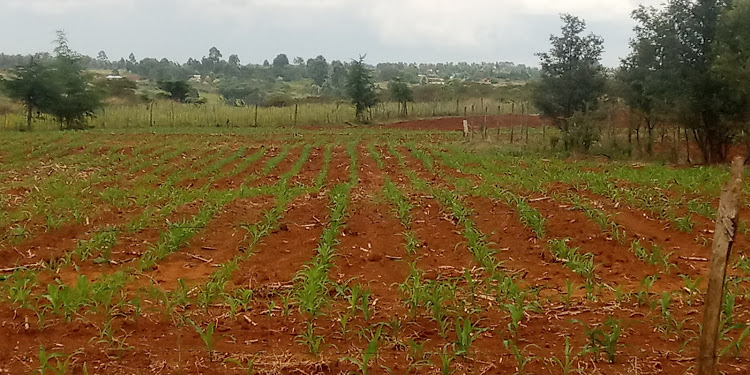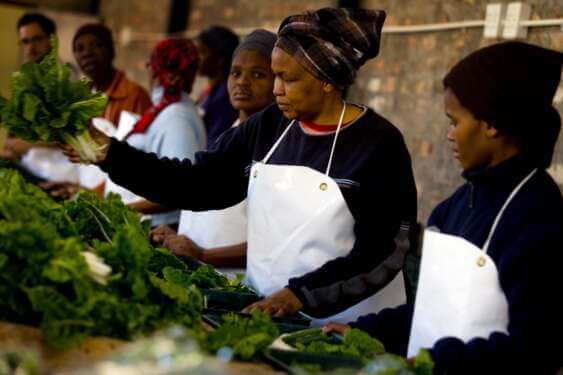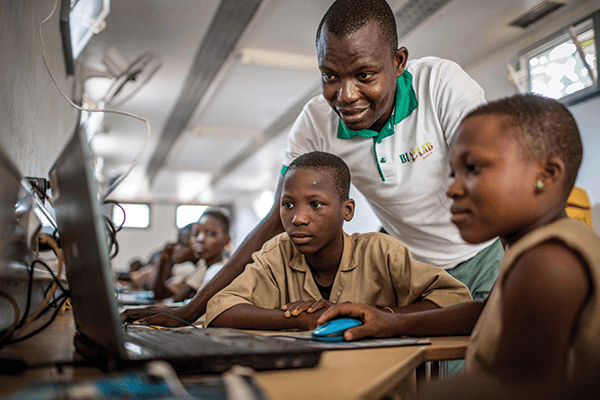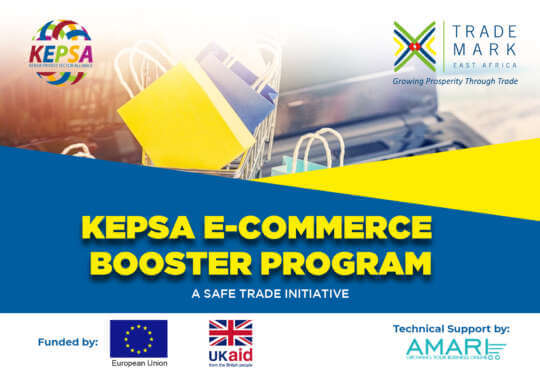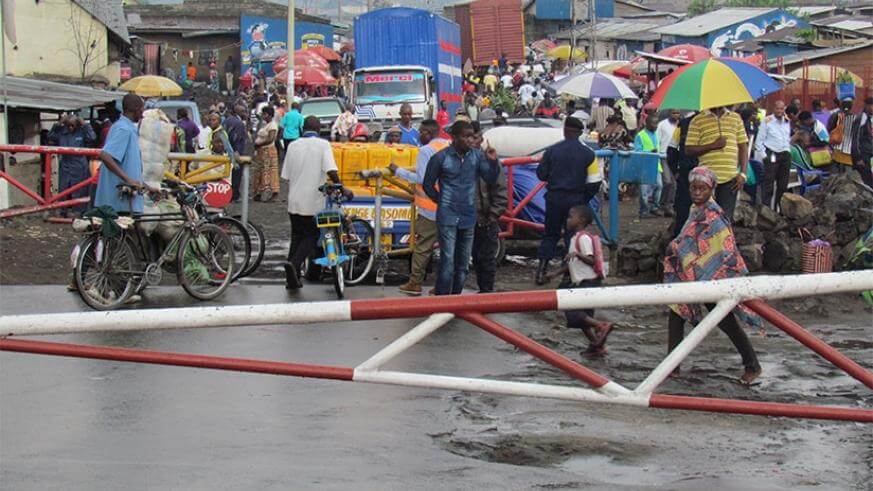In Summary Through this new Finnish funding, TMA will scale up support to governments to adopt ICT for Trade systems in key trade agencies. TMA has laid frameworks and forged partnerships to support multimodal transport corridors which reduce costs associated with trade. TradeMark Africa (TMA) and Finland have signed a financial agreement worth €10.5 million(Sh1.38billion) that will help in supporting regional trade and the fight against Covid-19. Through this new Finnish funding, TMA will scale up support to governments to adopt ICT for Trade systems in key trade agencies that contribute to the successful implementation of National Single Window. TMA is focussed on reducing non- tariff barriers that hinder trade within the East Africa region. It has laid frameworks and forged partnerships to support multimodal transport corridors which not only reduce costs associated with trade, but also reduce the carbon footprint of transport. Ministry of East Africa and Regional Development PS Kevit Desai appreciated Finland’s continued support to promoting efficient and increased trade in the region and the continued fight against the Covid-19 pandemic. “The TMA Kenya Country Programme has facilitated interventions to reduce transport time and increase import and export volumes in Kenya. This has directly contributed to Kenya’s consistent improvement in the trading across borders,” said Desai. Efforts will go towards supporting digital trade corridors, safe sanitary and phytosanitary trade corridors and bolster trade remedies structures at national, regional and continental levels. Support will also be channelled towards investments in standards quality, setting up infrastructure centres of excellence,...
Finland commits Sh1.38billion to support trade in East Africa
Posted on: March 8, 2021
Posted on: March 8, 2021


